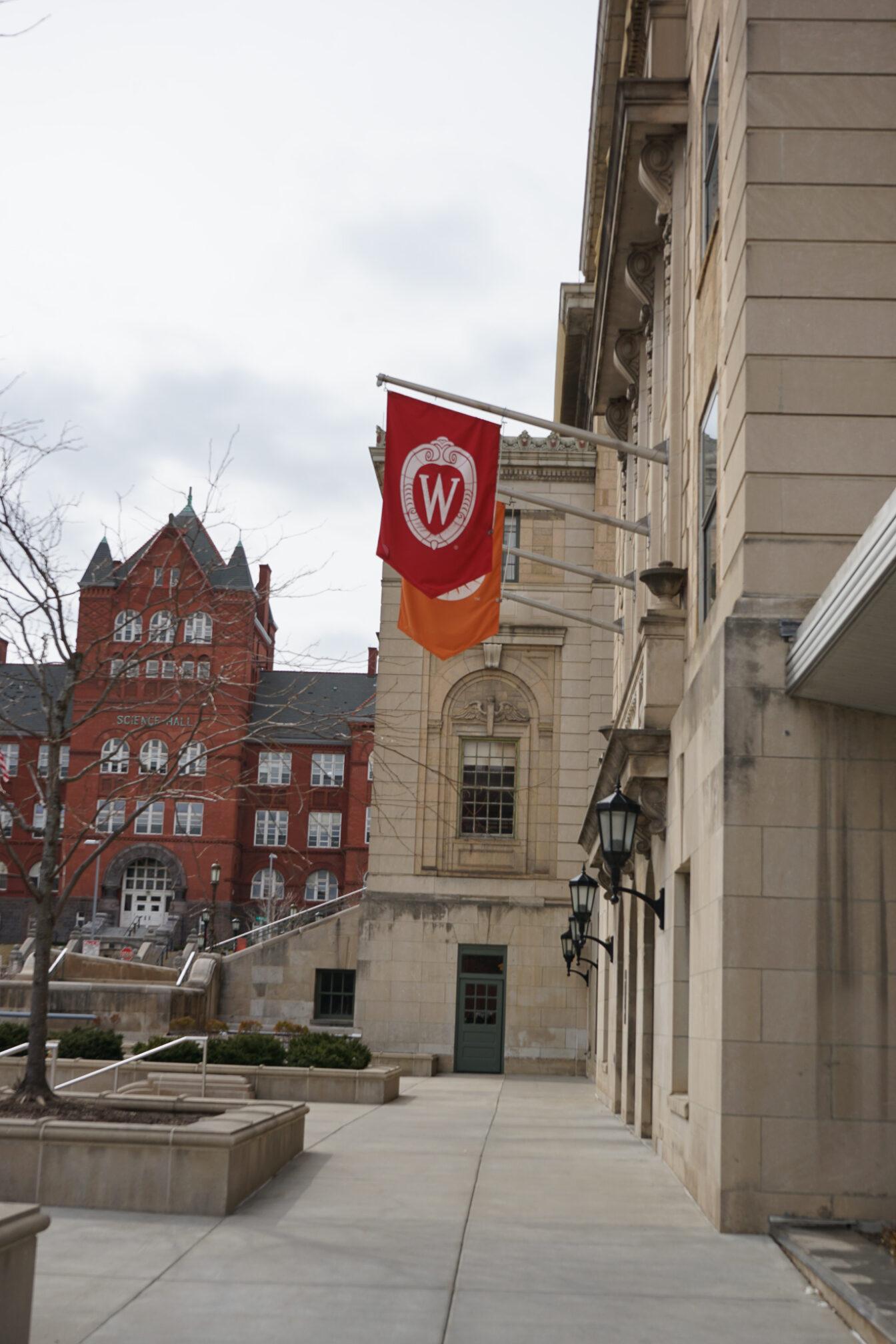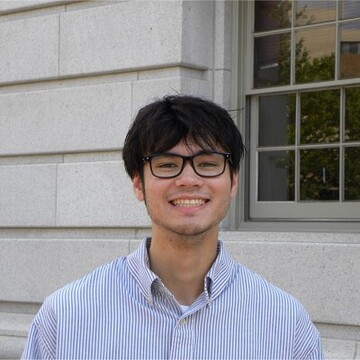The University of Wisconsin chapter of Young Americans for Freedom hosted conservative political commentator Michael Knowles at the Memorial Union Tripp Commons March 13, according to WYAF’s Instagram page. The event, titled “The Case Against Murder” saw Knowles express anti-abortion rights opinions in front of more than 150 attendees.
March 11, the Wisconsin Institute for Law & Liberty issued a press release claiming that UW violated the First Amendment rights of WYAF by requiring they pay over $4,000 in security fees, according to the press release.
WILL threatened legal action against UW if the university required WYAF pay the full security fees, according to a March 8 WILL letter addressed to UW Chancellor Jennifer Mnookin and other university officials.
UW relieved WYAF of the fees before the event, UW spokesperson Kelly Tyrrell said in an email statement to The Badger Herald.
“Solely to ensure that the speaker event moves forward under the tight timeframe between when concerns were raised and the event on March 13, the university has revised the contract to remove charges for costs related to the extensive security protocols,” Tyrrell said.
WILL argued the fees were inconsistent with those of prior WYAF events, namely WYAF’s event last semester when they brought Ben Shapiro to campus, and that there is no indication UW holds other Registered Student Organizations pay similar fees, according to the letter.
But, the Wisconsin Union may require RSOs hire and pay police officers and private security to host events, according to the Union’s large event guidelines.
UW can also create policies regulating which speakers can be invited to speak to Designated Public Forums — spaces the government has voluntarily made open for speech and debate, according to UW’s free expression website.
Such regulations must be content-neutral time, place and manner restrictions, according to the free expression webpage. Time, place and manner restrictions are limits on free speech that do not target the content of the speech, UW Law assistant professor Franciska Coleman said.
“Instead, [time, place and manner restrictions] are going to be restrictions that make limits on how you express the words and where and when,” Coleman said. “So, maybe no speech at four in the morning or during the midnight hours, or limits on how loud the audio equipment can project sounds.”
But, WILL claimed that UW raised security concerns specifically because of the content of Knowles’ views and the potential public reaction to his speech, according to the letter.
Requiring that an RSO pay security fees to host a speaker on campus would not be considered time, place and manner restrictions if the fees are a reaction to the content of the proposed speaker’s views, UW Law professor Anuj Desai said.
“If this is because the speaker is controversial, then it is because of the content of the speaker’s speech, generally speaking, we would then say ‘no, that’s not okay,’” Desai said. “Even though you’re not stopping speech, you can’t make a price of … a license dependent on the content.”
In a risk assessment worksheet issued to the Knowles event, UW staff identified 45 out of a possible 50 risk points, deeming the event a significant risk, according to the letter.
UW requires that events at Tripp Commons with significant potential risk necessitate at least two building event staff, three University of Wisconsin Police Department officers, five professional security workers and one volunteer per 50 attendees, according to the letter.
But, heightening security costs as a precaution for potential violence has not generally held up legally in the context of free speech, Desai said.
“The counter which courts have said is not, generally speaking, permitted anymore, is well, ‘we’re not doing it because of the content of speech, we’re doing it because the speaker is necessitating more police protection … The potential probability of violence is much higher and so we need to spend more of our money.’”
Desai cited Forsythe County, Georgia v. Nationalist Movement — a 1992 U.S. Supreme Court case establishing that, for an administrator to accurately assess security costs of an event, they must consider the content of potential speech and potential public reactions to that content — thereby making security ordinances unconstitutional.
The case concluded the size of security fees to be irrelevant because even smaller fees would still be considered an unconstitutional content-based regulations.
Further, there is rising debate among scholars questioning whether definitionally content-neutral time, place and manner restrictions really make no considerations of speech content, Coleman said.
“Time, place and manner can actually be used right to limit access, you know, limit the level of access that certain disfavored topics have,” Coleman said. “Some scholars say this distinction [between content-based and content-neutral restrictions] is not as clear because people are more likely to resort to time, place and manner restrictions for the type of speech that they disfavor.”
WYAF does not plan to pursue legal action against UW so long as regulatory policies are applied consistently among RSOs, WYAF Chair Harrison Wells said in an email statement to The Badger Herald.
UW is committed to welcoming speakers of varying viewpoints onto campus through RSOs, Tyrrell said.
“UW-Madison is a fierce supporter of the exchange of ideas and has welcomed a variety of speakers with diverse viewpoints to campus,” Tyrrell said.



